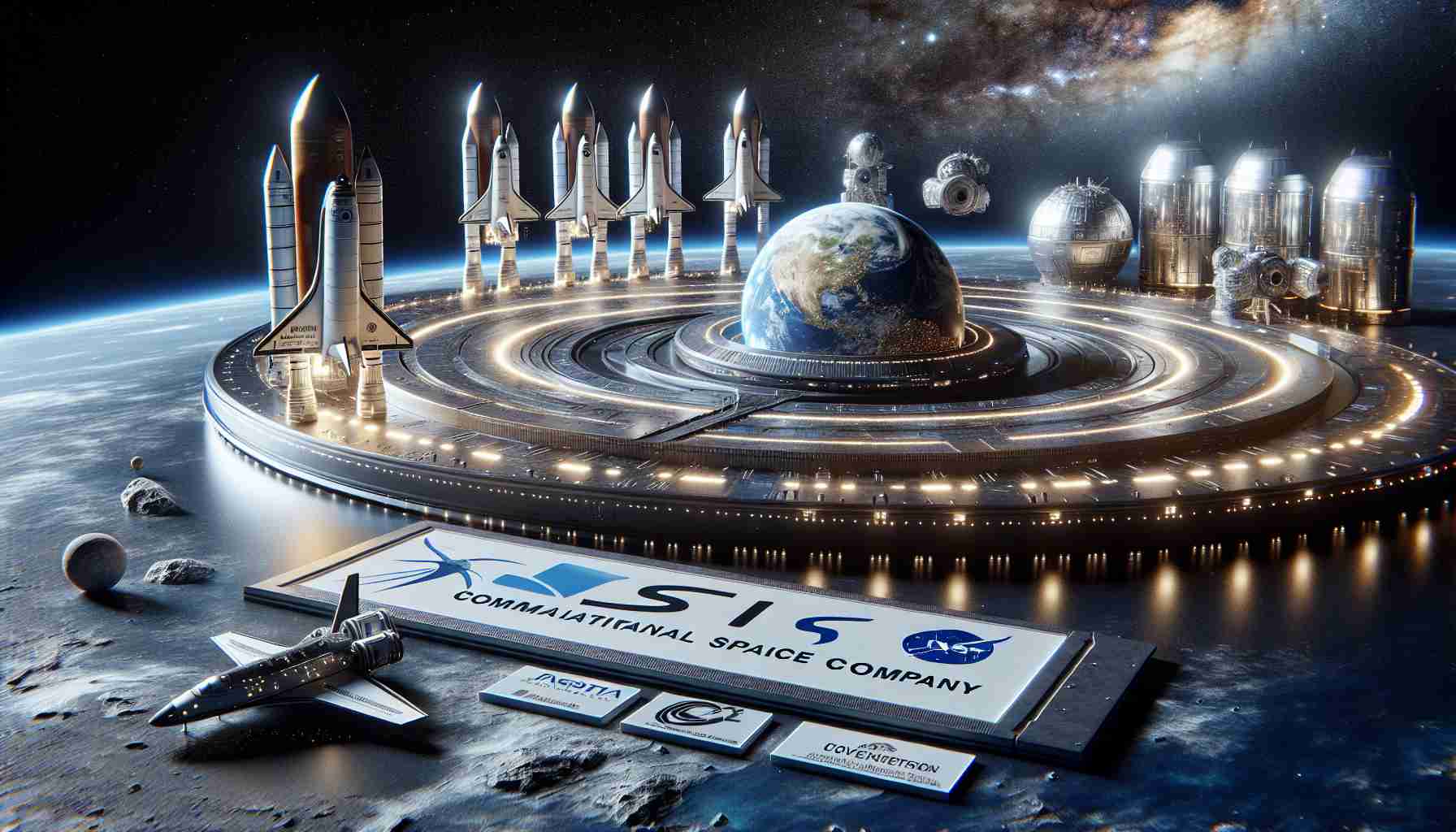
Momentus Inc., a notable player in satellite services and in-space infrastructure, has been granted a key opportunity by NASA. The company has been selected to offer launch services under NASA’s VADR (Venture-Class Acquisition of Dedicated and Rideshare) contract, which will allow it to transport various payloads to different orbits. This includes accommodating Class D satellites and CubeSats designed for more flexible missions.
Through this collaboration, Momentus will employ its Vigoride spacecraft, which has successfully completed prior missions. The company’s CEO expressed the excitement around this selection, underlining their dedication to providing affordable and efficient services to support NASA’s innovative space objectives.
Headquartered in the United States, Momentus offers a broad spectrum of in-space services aimed at democratizing access to the cosmos. Their services range from transportation to payload hosting, emphasizing economical solutions for orbital launches and support.
Despite this significant achievement, Momentus Inc. is currently facing financial hurdles, including potential delisting from the Nasdaq due to stock price issues and compliance matters. The company is exploring remedies to regain compliance and has raised approximately $2.75 million in a private equity placement. Looking ahead, Momentus forecasts revenues between $1.0 to $2.0 million for the first half of 2024, albeit with expected losses.
This development represents an important milestone for Momentus as it positions itself to meet the rising need for adaptive and cost-effective solutions within the aerospace sector.
Momentus Inc. Partners with NASA for Future Space Missions: A New Era of Opportunities
Momentus Inc. has made headlines with its recent partnership with NASA under the Venture-Class Acquisition of Dedicated and Rideshare (VADR) contract. While prior discussions have covered the fundamentals of this collaboration, several aspects remain underexplored, warranting a deeper investigation into the implications of this alliance.
Key Questions Addressed
1. What specific payloads will Momentus transport for NASA?
– Momentus has indicated that its launch services will cover a wide range of payloads, specifically Class D satellites and CubeSats. These payloads are designed to meet the growing demand for flexible, lower-cost mission profiles for both governmental and commercial entities.
2. How does Momentus plan to ensure the reliability of its Vigoride spacecraft?
– Momentus plans to enhance the reliability of its Vigoride spacecraft by incorporating feedback from previous missions, conducting rigorous pre-launch testing, and maintaining close collaboration with NASA to meet the stringent safety and operational standards.
3. What are the environmental implications of this partnership?
– As the aerospace industry focuses on sustainability, Momentus is committed to developing propulsion systems that prioritize environmentally friendly practices. This includes considerations for reducing space debris and minimizing the carbon footprint of space missions.
Challenges and Controversies
Despite the promising partnership, Momentus faces key challenges:
– Financial Instability: As mentioned previously, Momentus’s financial hurdles could jeopardize its operational capabilities. Concerns over potential delisting from the Nasdaq and compliance issues may hinder their growth and perception in the industry.
– Technology Validation: While the Vigoride spacecraft has undergone successful missions, ongoing scrutiny regarding the reliability of new technologies in space remains a concern. Stakeholders demand proven performance, and any setbacks could damage Momentus’s reputation.
– Regulatory Hurdles: The space industry is heavily regulated, with multiple agencies overseeing launch and operational activities. Momentus must navigate these regulatory landscapes while ensuring compliance with NASA’s requirements.
Advantages and Disadvantages
Advantages:
– Cost-Effective Solutions: Momentus offers an affordable alternative for satellite deployment, making space more accessible for small businesses and research entities.
– Technological Innovation: Collaboration with NASA enables Momentus to tap into cutting-edge research and innovation, enhancing its service offerings.
– Increased Capacity: This partnership is likely to increase launch capacities and help fulfill the growing demand for satellite services.
Disadvantages:
– Financial Risk: The company’s current financial instability could affect its long-term viability and ability to fulfill contracts.
– Market Competition: The space launch and services market is becoming increasingly competitive, with numerous players vying for contracts, potentially impacting market share for Momentus.
– Reliability Concerns: Any technological failure could undermine trust from potential clients and partners.
Conclusion
Momentus Inc.’s partnership with NASA marks a pivotal moment in the evolution of space operations. By addressing crucial questions about payloads, reliability, and environmental considerations, and navigating challenges related to finance and competition, Momentus has the opportunity to redefine its role in the aerospace sector. As the landscape of space exploration continues to evolve, innovative solutions and strategic partnerships will be essential for success.
For further information on Momentus’s initiatives and developments, visit their official site at momentus.space.






